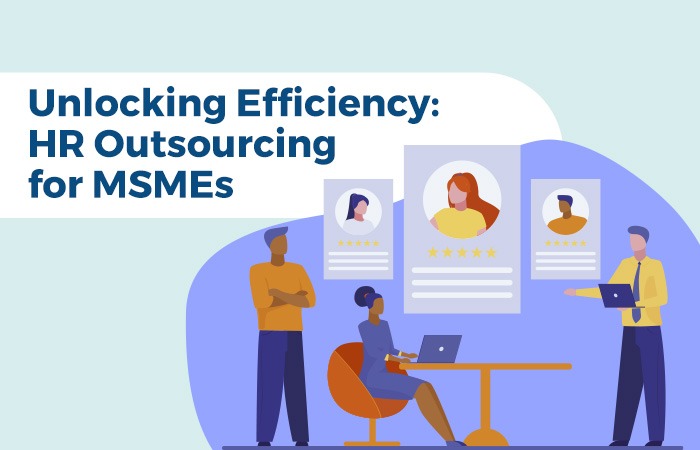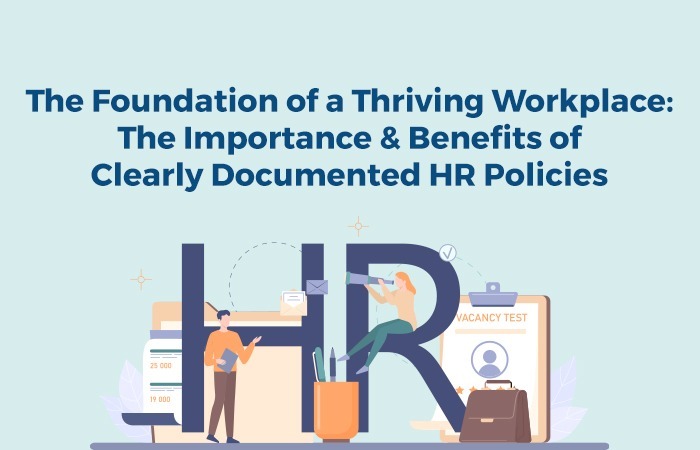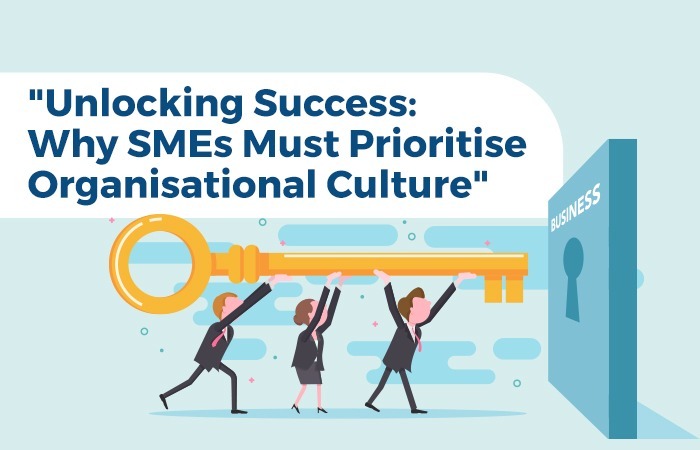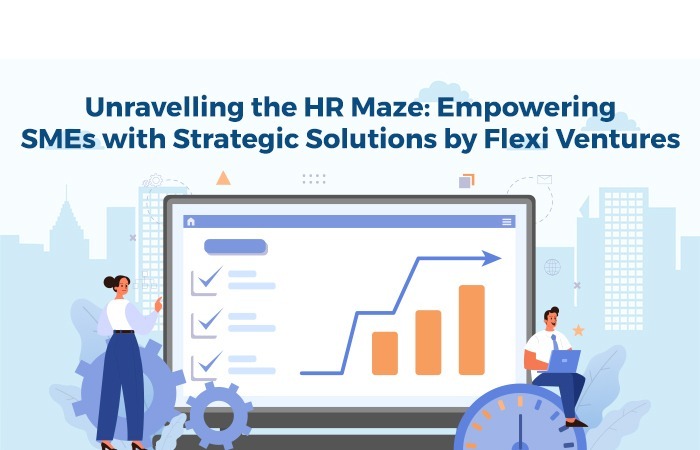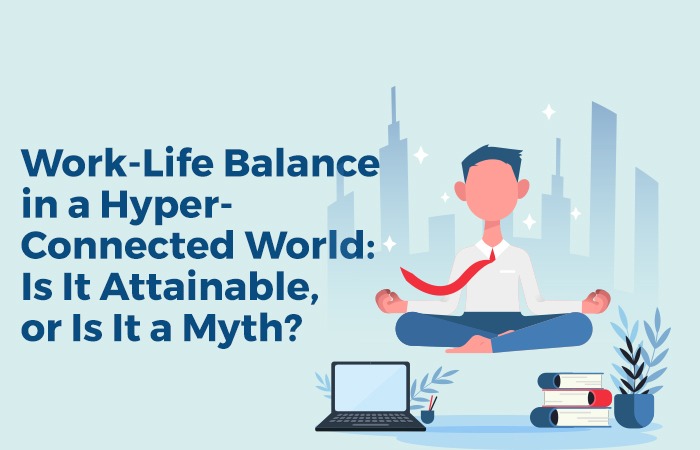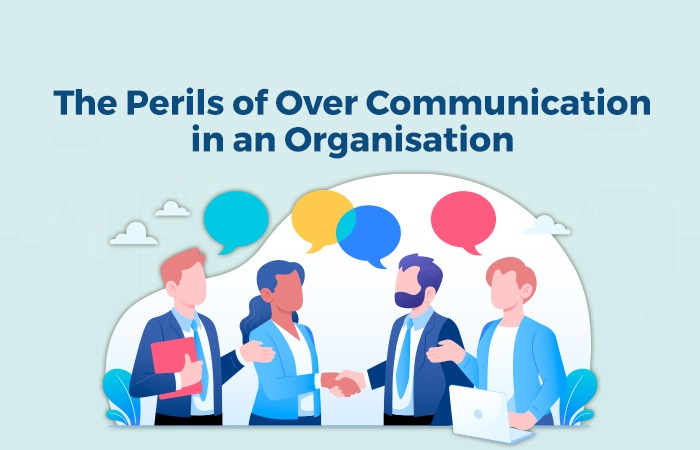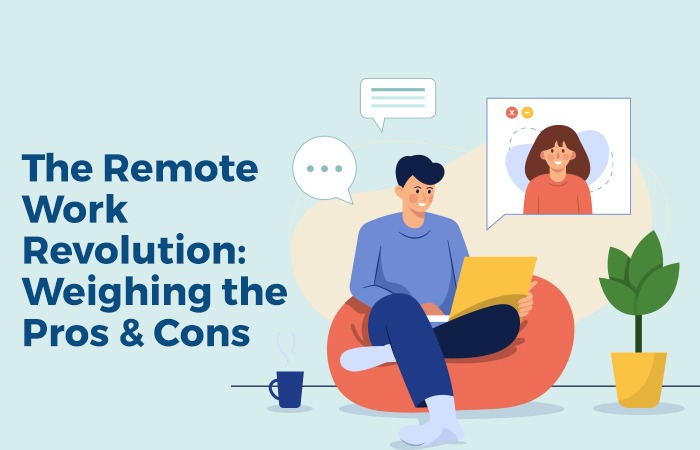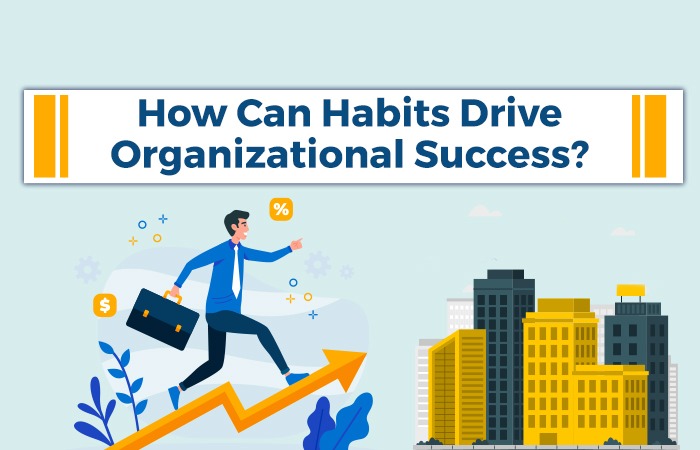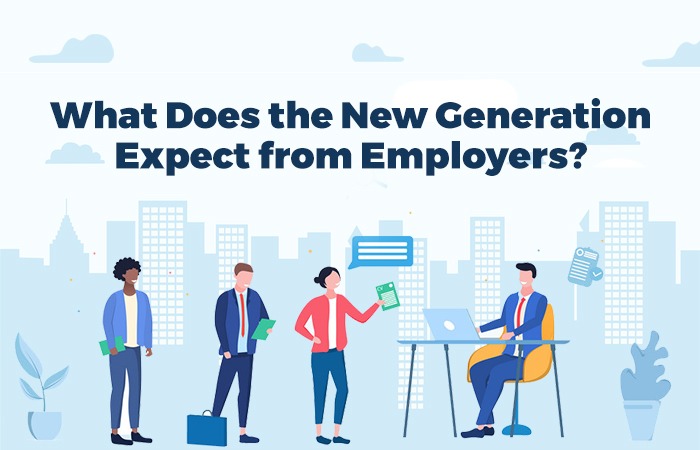Flexible working has been around for many decades, but we have never seen it become as popular as it is now. It has also become a necessity as the pandemic brings about huge changes in how our society works. The caveat is that the people need to be on board and the company needs to be willing to enact required changes for this flexible working model to work.
Can flexible working stay? Only time will tell, but looking at some of the benefits of flexible working, might make you think twice before saying no.
Research has shown that flexible working can increase employee productivity and engagement leading to enhanced output. With many employees feeling more encouraged and having more control over how they work, flexible working can lead to fewer staff turnover rates for the company and an increase in corporate profits.
The use of flexible working has been found to be very effective for team performance with increased teamwork and overall happiness. Personal commitments outside of work hours are honoured by this work style too, so it doesn’t negatively impact those commitments.
But first, let’s look at the ways flexible working can improve employee engagement and output for your business.
Improved Employee Satisfaction
The idea of flexible working became popular in the early 2000s when it was believed to be the key for improving employee satisfaction. The theory was that employees would be happier if they were given more freedom in how they work.
Research has shown that there is a link between flexible working and reduced absenteeism and thus increased productivity. But not everyone agrees with this theory. Some feel that it is difficult to focus on what they are doing while working in a flexible environment. Others feel like this type of work makes them less productive overall because they don’t have the same drive as when working from a more traditional office setting.
Decrease in Employee Turnover
There is an increasing trend in the demand for AI-powered HR services as companies are looking to increase employee retention.AI has enabled HR teams to use less manpower and more innovative techniques while still meeting or beating their company goals.
Employers who give up some control of work schedules, see an increase in employee morale, engagement and retention.
Employers claim that they are not able to offer their employees a work schedule that is flexible enough. This leads to worker turnover and absenteeism. However, when employers are willing to give up some control of the work schedule, they see an increase in employee morale, engagement and retention.
It is more difficult for employers to provide flexible working hours for their employees as it is difficult for them to predict the demand for labour at any given time of the year. However, some companies like Starbucks have successfully implemented systems with AI capabilities for helping to estimate the labour requirement with great success and thus increasing the flexible working environments.
Career Development Opportunities
The workplace of the future will be a more competitive environment. In order to stand out, it is important to have an edge that sets you apart from the rest. One way to do this is by developing your skills and knowledge in a certain area.
There are many different types of career development opportunities that can help you advance in your career, such as getting additional certifications, volunteering or internships.
There are many different theories about how to maintain a good work/life balance – but few people realise that flexible working hours may be one of them. It has been reported that an increasing number of people in the workforce want more flexible working hours so they can better manage their personal lives.
Heightened Concentration & Productivity
In the past, many people have been working in an office environment, where they are monitored by their boss and co-workers. They often find themselves surrounded by distractions which make it difficult to focus on their work due to unwanted and intrusive interactions.
This is where flexible working comes in. It allows people to work from home or outside of the office, and it can help many aspects of a business, and one of the most important aspects being the beneficiary is productivity.
The average worker is twice as productive when they work at home than when they are at the office. This means that companies can save money by not paying for an employee’s commute or by renting an expensive physical office space for them to work from.
So to conclude here’s why/how flexible working hours enhance the productivity
● Flexible Working Allows Employees to Work without office distractions
● Flexibility Increases Engagement with right automated systems in place
● Reduces Employee Absences
● Boosts Recruitment by providing high retention in workplace


